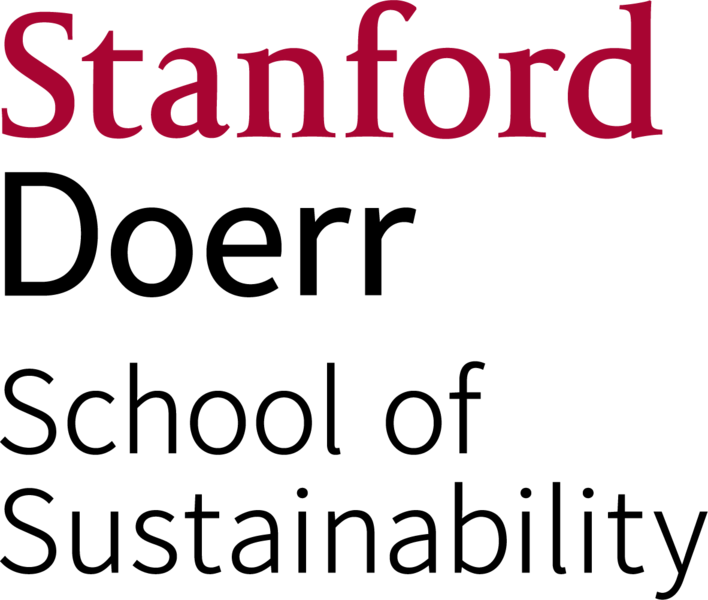Managing Nuclear Waste: Technical, Political and Organizational Challenges
Event Details:
Location
Encina Hall, E-207
United States
In the United States, there are a number of significant technical and policy challenges at the back-end of the nuclear fuel cycle. The “back end” of the cycle is a series of steps required to safely handle, contain, and either reprocess or dispose of highly radioactive spent nuclear fuel (SNF) and a by-product, high-level nuclear waste (HLW). The U.S. has no clear process to select and develop a geologic repository for SNF or HLW; both are stranded at generator sites across the nation. The Blue Ribbon Commission on America’s Nuclear Future released their recommendations in January of 2012, but there has been no action on these recommendations.
The U.S. program cannot move forward without a new strategy that will probably require important changes to the Nuclear Waste Policy Act of 1982. Any new legislation should be informed by a thorough understanding of the history of the U.S. nuclear waste program, as well as the scientific, technical, political, jurisdictional and policy challenges required to “reset” the U.S. program.
This seminar will review the essential technical and scientific elements of the nuclear fuel cycle, focusing on the sources, types, and characteristics of the nuclear waste generated, as well as various strategies for the disposition of spent nuclear fuel - including reprocessing, transmutation, and direct geologic disposal.
The seminar will also address policy and organizational issues, such as: i.) options for the characteristics and structure of a new federal nuclear waste management organization; ii.) options for a consent-based process for locating nuclear facilities, and iii.) the regulatory framework for a geologic repository.
Graduate and advanced undergraduate students are welcome. A technical background in the nuclear fuel cycle, while desirable, is not required. This class is appropriate for students interested in the creation and modification of a regulatory regime, the role of federal oversight, and the challenges of addressing a highly technical, politically charged issue affecting multiple jurisdictions (federal, state, local). The seminar will also speak to how the nation balances trade-offs among safety, affordability, and public support for federal projects.

